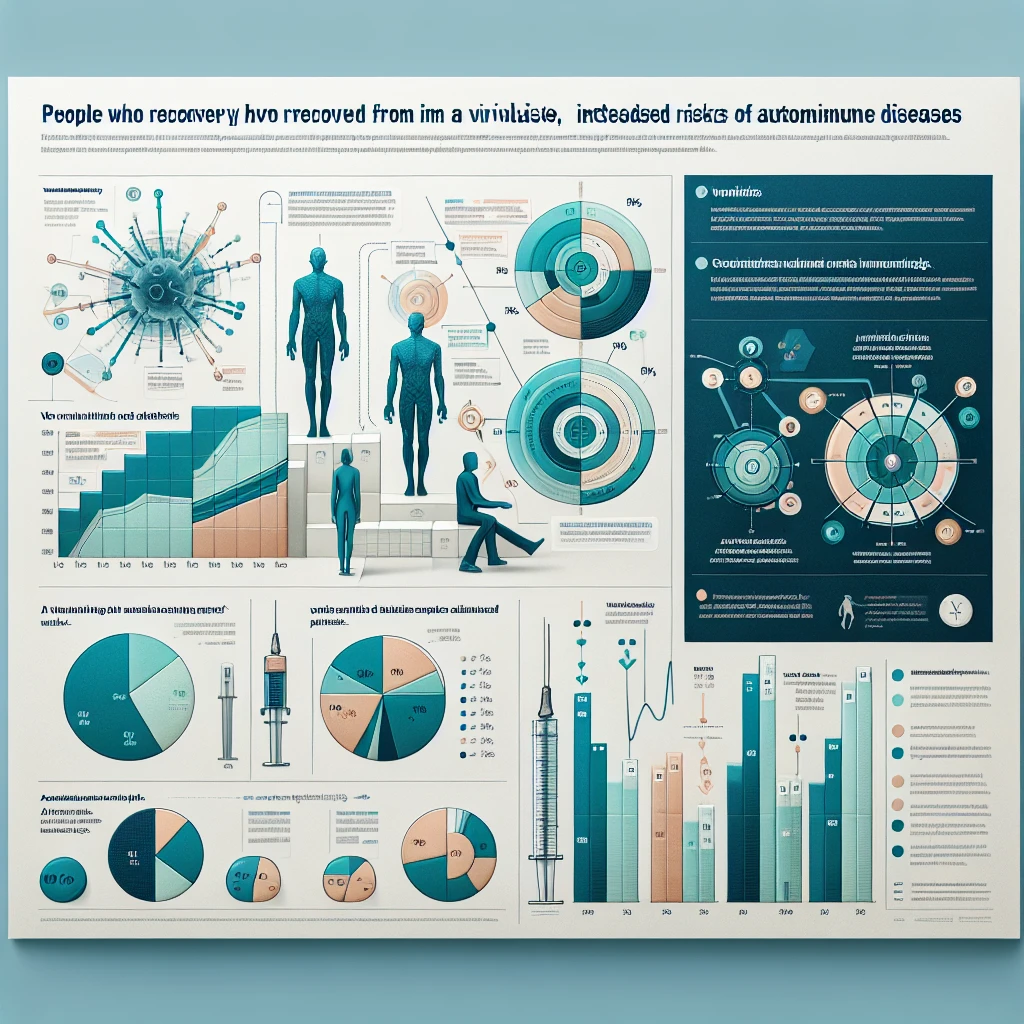Tech
Robotics' Impact on Auto Production
By Xavier Roxy
April 28, 2024

The integration of robotics in the car manufacturing industry has revolutionized production processes, offering a myriad of benefits that have transformed traditional production methods. The automotive industry is now characterized by high-speed assembly lines and precision engineering, all thanks to robotic technology.
Welding tasks, which were once labor-intensive and time-consuming activities performed by human workers, are now being efficiently handled by robots. These mechanical marvels can perform spot-welding on heavy body parts with astonishing accuracy and consistency. Smaller collaborative robots are also deployed for intricate welding jobs on smaller components like mounts and brackets.
Material handling is another area where robotics has made significant strides. Industrial robots can lift heavy loads repeatedly without tiring or making errors due to fatigue or distraction—problems often associated with human workers. This ability extends beyond just moving materials within the factory but also includes delivering goods to loading docks and even loading them onto trucks for transportation.
Robots' capacity to work tirelessly around the clock significantly boosts efficiency in car manufacturing processes. They reduce downtime while increasing productivity—a combination that promotes cost-effectiveness in operations—a crucial aspect considering the competitive nature of today's automotive market.
Precision engineering is another key attribute synonymous with automobile manufacturing robots; they bring unparalleled accuracy into every process stage—thanks to advanced sensors, cameras, and systems incorporated into their design framework. With these technologies at hand, complex tasks such as painting vehicle bodies evenly or installing sensitive electrical wiring become less daunting challenges than if humans were performing them.
Quality control remains an integral part of any production process, and robotics plays an essential role here too! Through real-time data analysis using advanced sensors embedded within them, robots can detect defects, obstacles, and anomalies during product assembly, allowing for early intervention before they escalate into more significant issues down the line.
Notably impressive about robotic systems used in car manufacturing is their flexibility—they offer automakers rapid adaptability options when faced with changing market demands or shifting production requirements—an invaluable asset in today's fast-paced, consumer-driven markets. Thanks to reprogramming capabilities, robots can seamlessly switch between different tasks, products, or processes, ensuring production efficiency is maintained.
In conclusion, the role of robotics in the car manufacturing industry cannot be overstated. With precision engineering at its core and an ever-present drive for increased productivity and safety measures, robotic technology has transformed automotive manufacturing. Its ability to adapt quickly to changing production requirements further underscores its indispensability within this sector. As we continue into a future defined by technological advancements, it is clear that the impact of robotics on the car manufacturing industry will only grow stronger and more significant.
LATEST ARTICLES IN Tech
Human Trial of Musk's Brain Chip Fails After a Month.
Acer Highlights Innovation, Sustainability on National Tech Day.
Apple Nears Deal to Incorporate ChatGPT in iPhones - Tekedia.
Top 8 Multiplayer Games for Mac Users.
Join Our Newsletter
Popular Articles
-

Mar 13, 2024
Anyone But You - A Romantic Comedy Surprise of 2023 -

Feb 01, 2024
AI Company About to Revolutionize the Medical Space? -

Mar 20, 2024
COVID-19 Survivors at Risk for Autoimmune Diseases -

Jan 27, 2024
Get Rich in a Year with These 3 Coins!




